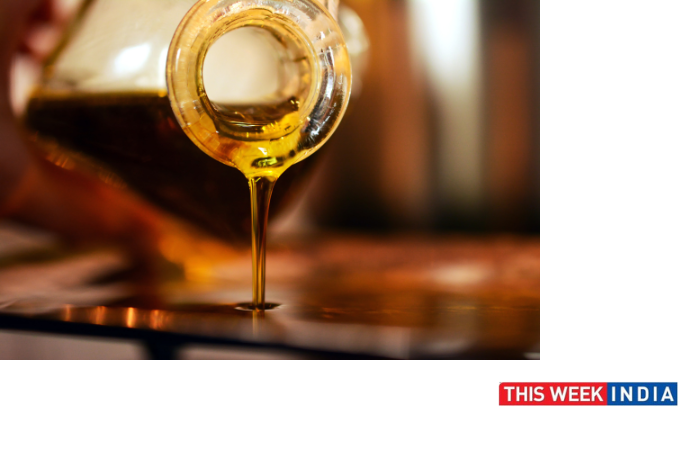A healthy diet cannot cure any illnesses but it can lead to the formation of a good healthy life which is vital to lead to a happy disease-free life. What we eat has a major impact on our health including the risk of developing chronic diseases like heart disease, diabetes and cancer. Thus, a diet rich in whole foods, paired with a healthy lifestyle, will improve many aspects of your health. Many cancers have different potential causes. Genetics and family history play a role. But external factors may have some control over like your lifestyle habits have an even bigger impact. It is not possible to change genes but we can change our habits such as diet. It is clear that your diet can have a major impact on your risk of cancer. A large body of research has shown that some foods are associated with a higher risk of certain types of cancer while others help in reducing the risk.
Foods such as nuts, cinnamon, beans, barriers, broccoli, fatty fish, flax seeds, tomatoes, olive oil, etc. may lower the cancer risk. One may consider including these foods in their diet.
Garlic: Garlic is used both for cooking and medicine. Several studies have found an association between garlic intake and a lower risk of certain types of cancer. Garlic contains allicin, a compound that may help ease inflammation and block free radicals that harm cells and tissues in your body. Also, eating more garlic could lead to decreased risks of stomach, prostate and colorectal cancers. Hence, including 2–5 grams (approximately one clove) of fresh garlic into your diet per day is a good idea.
Turmeric: Curcumin in turmeric has a variety of health benefits, including fighting cancer cells. Curcumin has been shown to reduce the growth of many types of cancer and lesions in test-tube and human studies. Some lab studies have found it might work against lung, breast, prostate, and colon cancers. One can consume it with milk as haldi milk or while cooking. Consume 2–3 teaspoons (1–3 grams) of ground turmeric per day for health benefits.
Citrus fruits – Oranges, lemons, grapefruits, pomelos, and limes are citrus fruits one must consider including in their diet plan. According to various studies, a higher intake of citrus fruits could decrease the risk of certain types of cancers, including pancreatic and stomach cancers, along with cancers of the digestive and upper respiratory tracts.
Carrots: It is said that carrots are best eaten cooked. But one can consider it eating raw or cooked as per your likings. Carrots contain beta-carotene, antioxidant scientists believe may protect cell membranes from toxin damage and slow the growth of cancer cells. Studies show that consuming carrots can help decrease the risk of prostate, lung and stomach cancer.
Broccoli: The tree-looking plant broccoli has various health benefits. It contains sulforaphane, a compound that has been shown to cause tumor cell death and reduce tumor size in test-tube and animal studies. The compound helps in fighting off breast cancer, lowers the risk of colorectal and colon cancer.
While some food items help reduce the risk, consuming certain foods may increase the cancer risk.
Fried foods – Eating a high amount of fried food can increase the risk of various health conditions such as type 2 diabetes and obesity. These conditions can promote oxidative stress and inflammation, further increasing your cancer risk.
Refined carbohydrate & sugar – Like fried items, refined carbohydrates & sugar can indirectly increase your risk for cancer.
Processed meats – The methods used to make processed meats (smoking or salting, curing or adding chemical preservatives) can create carcinogens. Processed meat is a major risk factor for colorectal cancer. It is also linked with stomach cancer. Studies show that high consumption of processed meat was associated with an increased risk of breast cancer.
Alcohol – There is a strong scientific consensus that alcohol drinking can cause several types of cancer. Drinking alcohol every day over time increases the risk of developing alcohol-associated cancer. Alcohol when consumed, the liver breaks it down into acetaldehyde, a carcinogenic compound. In women, alcohol increases levels of estrogen which increases the risk for estrogen receptor-positive breast cancer.
Red Meat – If red meats make up a lot of your diet, consider making some changes. Studies have shown that consuming large amounts of red meat is associated with an increased risk of colon, rectum, prostate and pancreatic cancer. 18 % of bowel cancer cases are from consuming excessive red meats.









